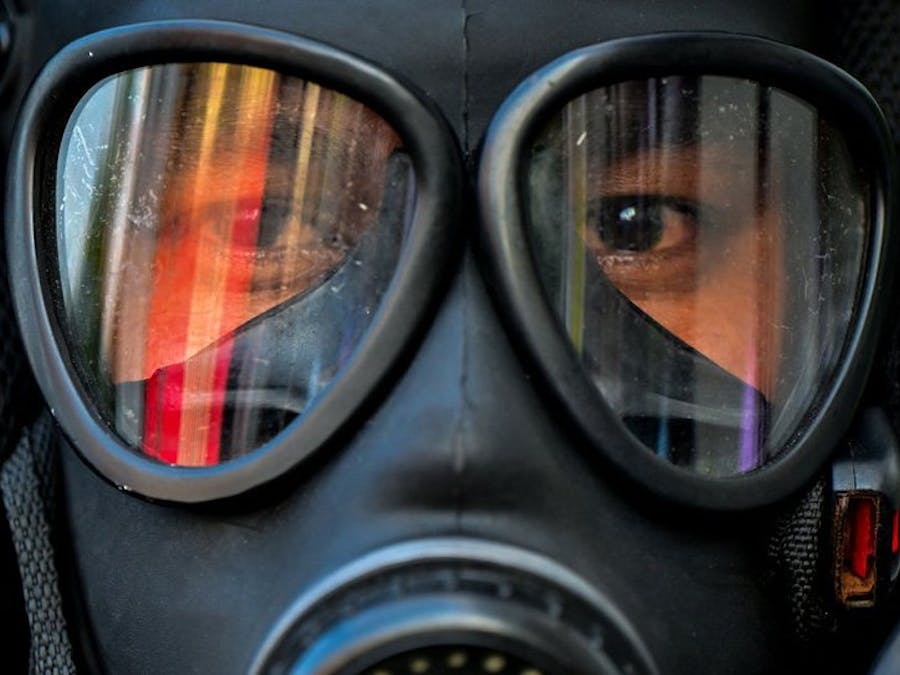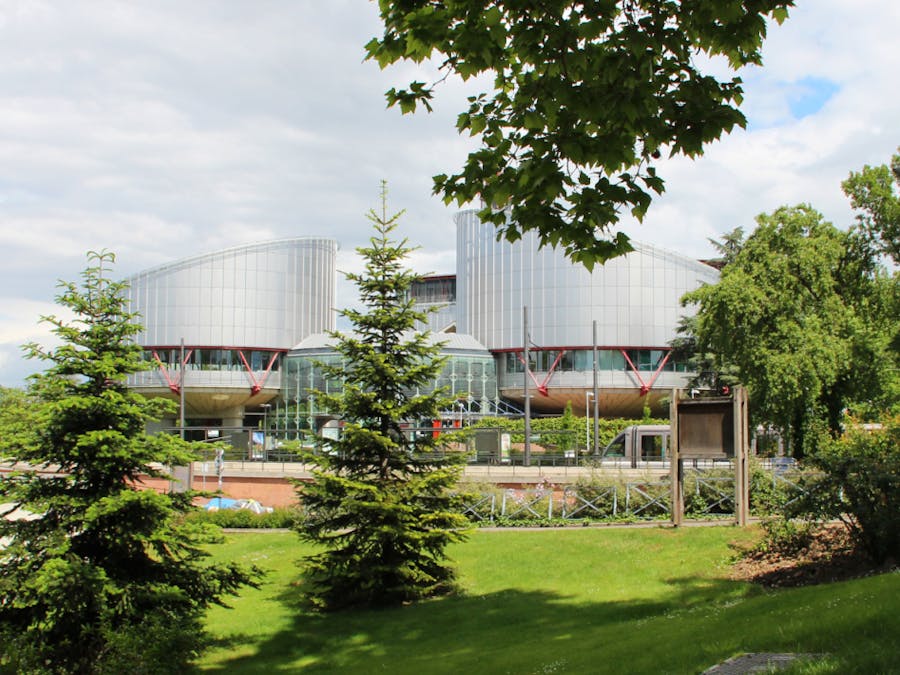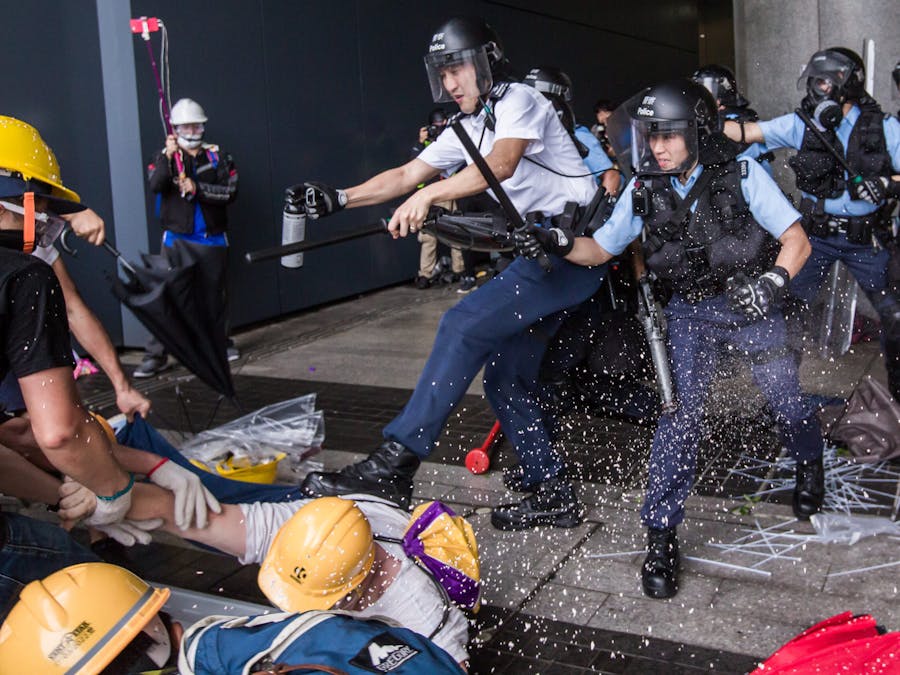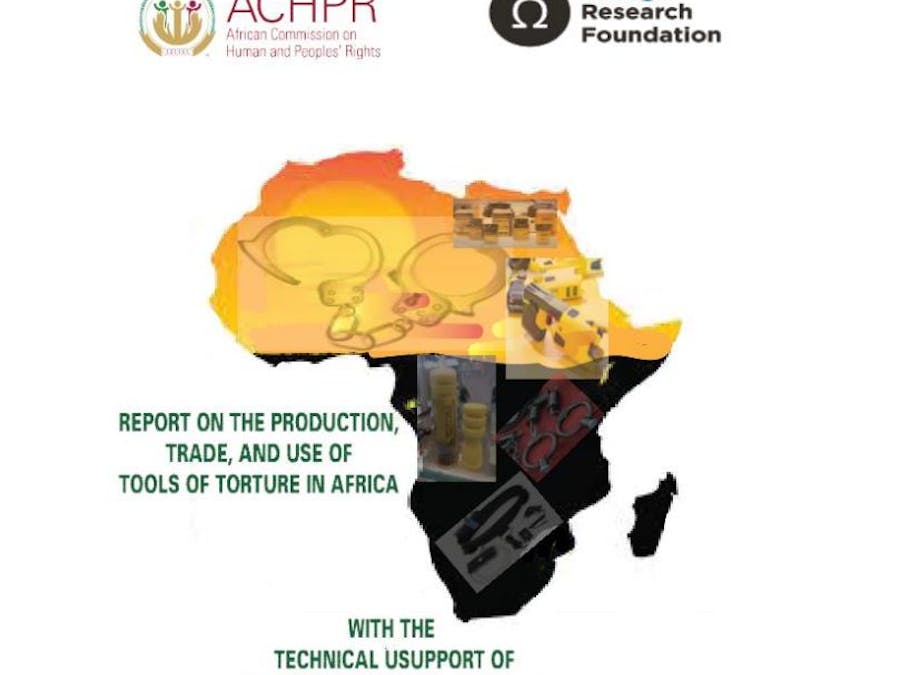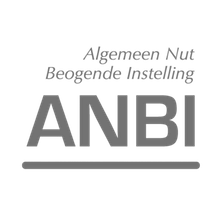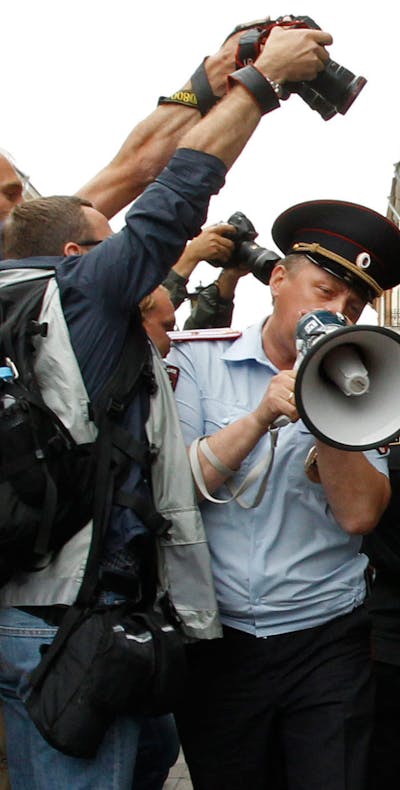
Police and Human Rights Programme
The Police and Human Rights Programme aims to contribute in a constructive manner to ensure that law enforcement officials assume their responsibility in the respect for and protection of human rights. We provide training, guiding documents and advice to the wider human rights community in order to support them in the promotion of human rights rules and standards in law enforcement.
The problem
Within any state, police is needed for the prevention and detection of crime, maintenance of public order and assistance to the public. In the fulfilment of their duties police may sometimes have to use specific powers such as the use of force and firearms, arrest and detention, search and seizure. When exercising these powers they must comply with the state’s obligations under international law to protect human rights, such as the right to life, liberty and security of person, the right to freedom of assembly and freedom of expression. Law enforcement officials are thus duty bound to respect human rights in all their actions and to actively protect human rights against abuse from others. And they must be held accountable when they fail to do so, either by committing themselves human rights violations through the unlawful use of their powers or by failing to protect people against human rights abuses by others.
On this website, we are using both the term ‘police’ and the term ‘law enforcement officials’. They are both used in the sense of Art. 1, Commentary a) of the UN Code of Conduct for Law Enforcement officials and include all officers of the law who exercise police powers, especially the powers of arrest or detention.
Our goal
We seek to enhance the respect for human rights in law enforcement through:
- Strengthening the capacity of the Amnesty International movement and other human rights organisations and activists to effectively contribute to enhanced compliance by law enforcement officials with human rights standards.
- Contributing to a better understanding of the policing work, both in terms of the international rules and standards applicable, as well as the operational reality of law enforcement within the Amnesty International movement and wider human rights community.
- Participating in efforts at international level to strengthen the international human rights law and standards applicable to law enforcement.
What we do
- Support Amnesty International’s research teams in addressing policing related questions. This includes the analysis of legal and operational documents and in daily law enforcement practice, as well as the development of constructive recommendations.
- Provide expertise-based support to Amnesty International staff and membership in sections and structures, but also to other human rights activists on specific policing issues, e.g. on the development of strategies for addressing police reform and police accountability.
- Develop tools and guiding documents on general policing issues. One way we do this is by carrying out in-depth-analysis of specific policing issues. The findings and recommendations are published annually in the AINL PHRP Short Paper Series (see publications). Other forms of support are contributions to general policy documents and research tools developed by our partners in the International Secretariat as well the development of guiding documents for the Amnesty International work on policing.
- Provide training on human rights and policing to colleagues in the entire Amnesty International movement worldwide as well as to other human rights and civil society organisations. These trainings introduce participants to the international rules and standards applicable to law enforcement and their implications for daily policing practice. However, more importantly, the purpose of these trainings is to foster a greater understanding of the daily challenges of law enforcement officials and of the factors that influence police behaviour. The aim is to enable participants identifying what is concretely needed to obtain a better compliance by law enforcement officials with human rights standards.
- In view of the many different activities carried out by the movement of Amnesty International PHRP endeavours to create a network among all those who work on policing. The purpose is to enhance sharing of expertise available across the movement and promoting a lessons learned process on how to strive more effectively for enhanced human rights compliance by law enforcement officials in the world.
- PHRP also regularly participates at international meetings and events of international organisations and institutions with a view to strengthen human rights standards applicable to policing and to contribute to the development of tools and guiding documents for human rights compliant policing.
Developments
The area of policing and human rights is in constant evolution. The last two decades of the past century saw growing recognition for human rights in the area of policing and in that vein numerous human rights documents were adopted at international and regional level. On the other hand, since the year 2000 we have seen more and more tendencies aiming to weakening the very same international human rights rules and standards in response to perceived or actual threats to security. However, whatever the security situation may look like, it is our conviction that only human rights compliant policing is good policing. Therefore it is our endeavour to continuously strengthen and promote the respect for human rights in policing at all levels – in international reference documents, domestic legislation and operational policies, as well as in policing training and practice.
Our Staff
- Anja Bienert, Senior Police Expert
- Aster van Kregten, Programme Officer
- Programme Assistants
You can contact us through our contact form or send directly an email to: phrp@amnesty.nl
